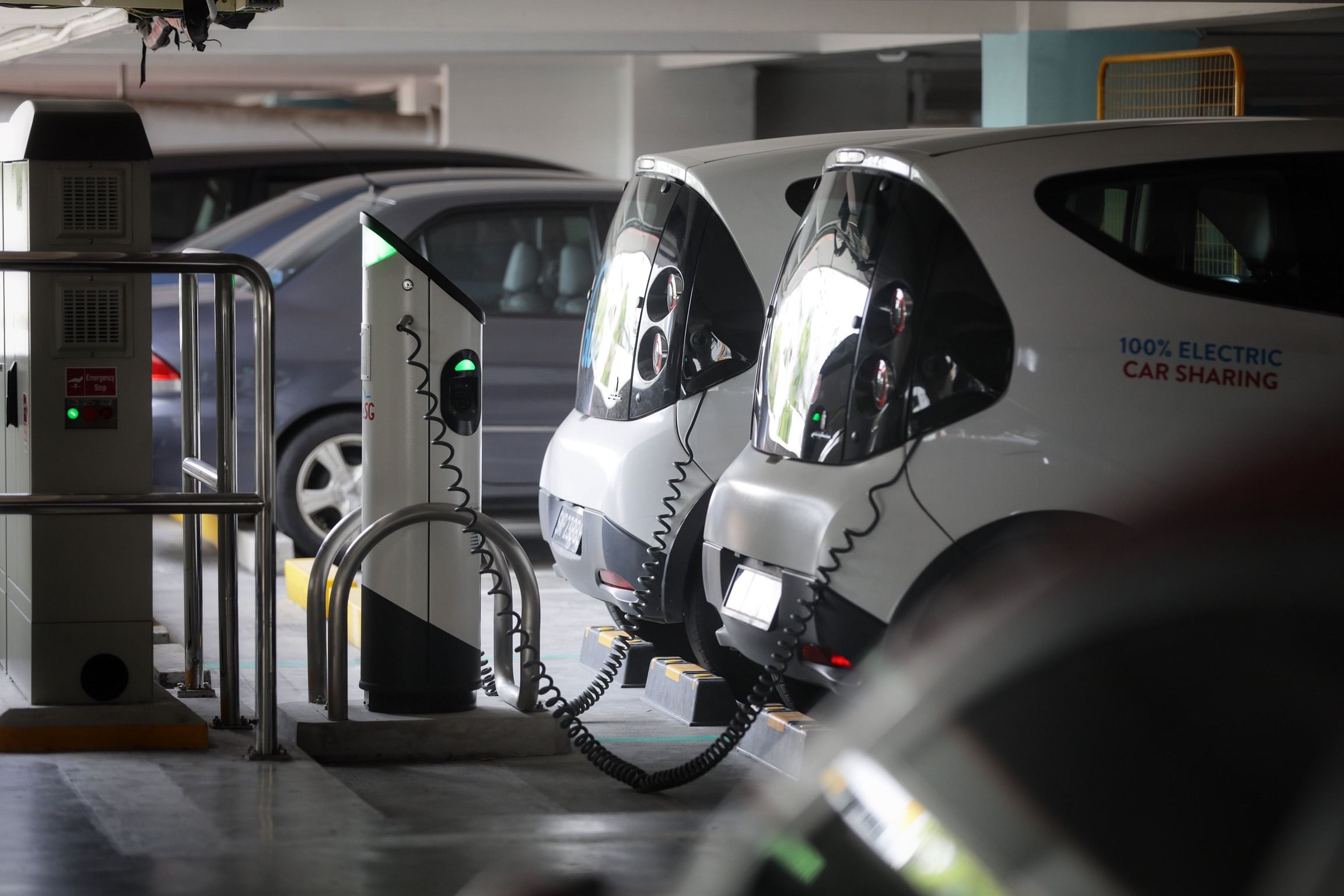Torque Shop: An electric vehicle's motor power and battery size - what's the difference?
Sign up now: Get ST's newsletters delivered to your inbox

The battery of an electric vehicle is specified based on its energy storage capability.
PHOTO: ST FILE
Follow topic:
What is the relationship between an electric vehicle's (EV) motor power and battery size?
One is in kW and the other in kWh.
Is it possible to work out an EV's energy consumption using the battery capacity and motor power?
Kilowatt (kW) is the metric version of horsepower - it is a measure of power. One kW is 1,000 watts.
With combustion engines, energy is stored in liquid form in the fuel tank. Fuel is sold by volume, measured in litres. In comparison, electricity is sold in kilowatt-hour (kWh), which is essentially an energy unit equivalent to 1kW over one hour.
Hence, battery storage is also measured in kWh. Your domestic electricity is billed in kWh as well. If you switched on five 100-watt bulbs for 10 hours, the energy consumed would be 5kWh (number of bulbs multiplied by watts multiplied by hours).
The battery of an EV is specified based on its energy storage capability. Similar to the size of the fuel tank in your petrol car, storage capacity has nothing to do with engine or motor power.
A 50kW motor running at maximum power will consume 50kWh of battery energy in one hour. A 50kWh battery can also supply a 100kW motor, but it will run out in 30 minutes at constant maximum power. Hence, battery size will give you an idea of the range an EV can travel on a full charge.
But there is no formula to precisely calculate an EV's average energy consumption based on its motor power and battery capacity. Of the current EV models available, the energy consumption ranges from 15kWh/100km to 22kWh/100km, and their real-world range varies between 250km and 400km.

